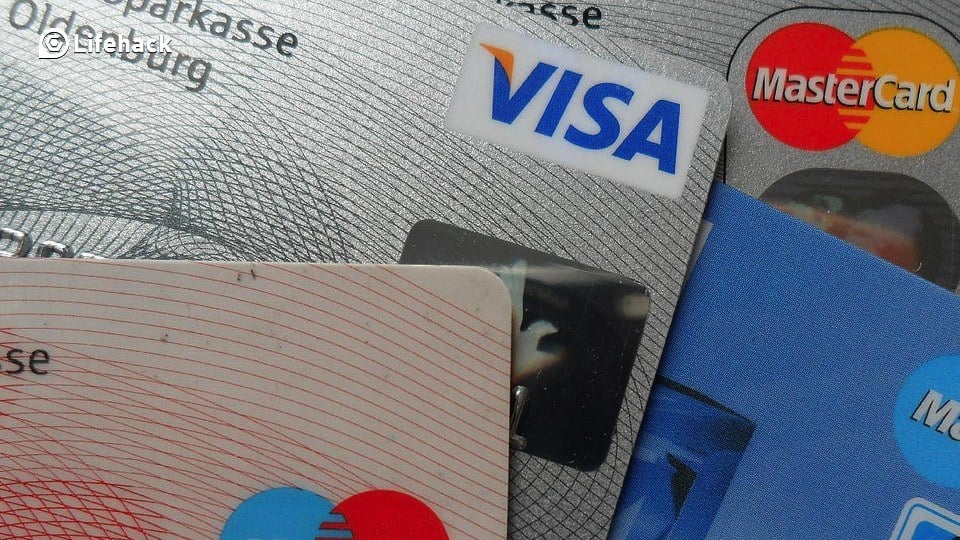Graduation is just around the corner for millions of college seniors around the world. Concerns like college rankings, mid-terms and essay samples will be a thing of the past. Of course, these will be replaced by new worries: finding a job, deciding on grad school and for most, the dreaded student loan repayment.
In today’s economy, students have more debt than ever before; some estimate the total amount of student loan debt is well over 1 trillion dollars in the United States alone. While these numbers are daunting, the repayment process doesn’t have to be. By following some simple suggestions, you can reduce you burden and your overall interest payments without living like a broke college student for the rest of your life!
1. Pay a little extra.
Once you get started with your loan repayments, you might be feeling a little strapped for cash each month. The thought of sending them MORE money might seem a bit of a stretch. However, if you can manage to send even just $5 extra per month, even if it’s not every month, it can save you thousands in interest over the life of the loan. Experts estimate that for every extra dollar you spend, you can cut up to $2 off at the end. That can add up quick!
2. Biweekly payments.
It may sound strange, but sending in half of your loan payment every two weeks will save you thousands of dollars. In addition to paying less interest, you also manage to make an extra full payment every year. Consider the approach, especially if you are paid biweekly.
3. Sign up for automated payments.
Contact your lender and ask about this option. Most will allow you to have your payments automatically withdrawn from your checking or savings account on a regular interval you set up. The other good thing is that lenders will often lower your interest rate by as much as 0.25% if you make automatic payments. It may not sound like much, but it could knock a year, or more, off the life of your loan.
You can also have the payment automatically deducted from your paycheck; it won’t hurt nearly as much as writing out a check will. Because you never get to see the money, you won’t miss it as much!
4. Let the tax code work for you for a change.
One of the good things about student loans is that the interest you pay on them is tax deductible, meaning you can subtract it right from your gross income. This means fewer taxes paid and usually a bigger refund for you.
For example, if you pay $2,000 in interest on your loans in one year, and are taxed at a rate of 25%, that’s $500 less you owe in taxes, or $500 more in your refund check. If you turn that around and apply it as an extra payment towards your student loans, it means you will effectively be using the government’s money to lessen your debt.
5. Pay off variable rate loans first.
If you have some loans that have a variable interest rate, consider paying them down faster first. While they may have a lower rate than your fixed rate loans, that can change quickly. As the economy improves (hopefully), interest rates can rise drastically, catching you off guard and raising your monthly payments significantly. You might even check into converting these to a fixed rate option. It never hurts to talk to your lender.
6. Consolidate.
This option may not help newer loans that have a fixed interest rate, but for older loans, you can often consolidate them into one monthly payment. This is often at a rate lower than what you are paying on the individual loans. Even if you don’t get a better rate, it may still be easier for you to make one payment per month instead of several.
7. Get someone else to pay it.
While this sounds like a great idea, it’s not what you think—unless you have a rich uncle willing to write the check, that is! What you might seriously consider is that some companies that hire college grads may be willing to pay a lump sum payment towards your loans as part of your compensation package.
You will probably have to accept a reduced salary, and agree to work for them for a specific number of years, but the reduced interest and length of time required to pay off your loans could make it worth it. Consider this option when you get to the salary negotiations stage or at your annual review if you are already working.
No matter what you get your degree in, if you have student loans, repayment is soon going to be a reality for you. If you use some of these tips, you could easily save yourself thousands of dollars over the course of your loan. That’s no small change for simply applying some of these mostly painless suggestions.



















































